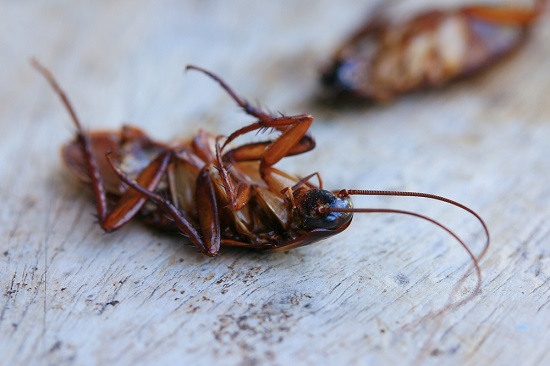
You might think of mosquitoes, spiders and flies as nuisances in the summer. It is because insects are cold-blooded, and they tend to be more active during the summer months. Some home insects can be just as bothersome when the temperatures drop. Winter bugs can be a problem, so you need to be aware of them and take steps to control them including effective residential pest control tips. Winter bugs can be found in homes and houses. You need to use special strategies to get rid of them.
Residential Pest Control: Watch out for winter insects
Seven common winter home insects are listed. Although many of the winter bugs are pests all year, they may be more active in the winter months to protect their homes from harsh outdoor conditions. The following winter bugs are to be avoided:
Ants
You can allow ants to enter your home through small cracks or holes, or they can get on plants and flowers. They are colonizers, meaning that if one is seen, there will likely be many more. They are looking for food. If they find food, they will seek it out in your home.
Beetles
Winter beetles are more common than people think. They are looking for warmth in the cold. Winter beetles will hide in warm areas, such as close to a clothes dryer or water heater. Although they don’t do much damage, they could spread and infest your home.
Ladybugs
They are adorable and can be productive garden members. They can try to get in through windows and other openings, but they are more likely to attack your home when it is colder. They aren’t aggressive but can swarm and produce a yellow liquid with an unpleasant odor. This could stain your house.
Silverfish
Silverfish are more common in winter as they prefer cold, damp places. They will be found in basements or bathrooms that are rarely used. If a female silverfish isn’t kept under control, she could lay thousands of eggs and cause an infestation.
Cockroaches
These pests are native to tropical African climates and cannot survive in colder areas. Although they are more common in the Southwest and Southeast, cockroaches can be found everywhere. They infiltrate homes to overwinter in warm, damp areas.
Spiders
Although spiders can be found all year, you might notice them more in the winter. They seek out places where they can hide safely, such as dark corners, basements, and boxes.
Ticks
Ticks can be a pest in the summer, but some ticks can also be considered winter bugs. A winter insect is the deer tick. It can be found on both the East and West Coasts. These are the only bugs that can bite in winter so be aware of them. To keep them away, make sure you check your dog after going outside.
Getting Rid of Pests From Your Home
How to eliminate winter bug infestations It will be difficult to eradicate winter bugs once they have found the heat and food source they are looking for. If you don’t take action quickly, winter bugs can breed rapidly, creating an infestation. Although there are many insecticides and sprays that can be used to control different kinds of home insects, some may pose a danger indoors. Here are some ways to get rid of winter bugs safely and naturally.
Ants
Exterminator Conway SC says, these tiny critters must be removed. You must get rid of any food sources that may attract ants to your home in order to control them. You should seal all food containers and ensure there are no crumbs or marks on floors or surfaces. Ant baits can be used to control ant infestations. Spraying half vinegar and half water to kill the ants and repel them can be a good option. Vinegar is sufficiently acidic to kill insects at home without causing harm to pets or people.
Beetles
Winter beetles can be just as destructive as other pests, but they aren’t quite as harmful as others. You can get rid of them by vacuuming them up and throwing away the bag or contents of the canister. Similar to the ant control strategy, ensure that food in your pantry or kitchen cabinets is sealed in plastic or glass containers. Also, clean up any crumbs immediately.
 Ladybugs
Ladybugs
It is a good idea to seal the ladybugs that got in. There are two simple and natural ways to eliminate an infestation. Vacuum the infestation or spray it with soapy water. Soapy water can kill ladybugs and remove the distinctive smell that they emit, which attracts other ladybugs.
Silverfish
You can catch silverfish with sticky traps. The traps can be problematic if you have pets. People have reported that cedar oil can be used to kill silverfish naturally. This is without the need for you to worry anymore about your beloved pets getting stuck in silverfish traps, whcih are very sticky.
Cockroaches
These pests can quickly multiply, making it difficult to control. A professional pest control company can help you manage and kill cockroaches. Boric acid can be mixed with flour, sugar, and water to make a paste. Make small balls and place them wherever you see cockroaches. The roaches are likely to eat the boric acids balls and then die.
Spiders
Keep clutter to a minimum in order to get rid of winter spiders. You should throw away any packaging that spiders might hide in. Vacuum dark, cluttered areas and corners of your house. To kill spiders, a solution of equal parts vinegar and water can be used.
Ticks
There are non-toxic pesticides that can be used to kill ticks in your home and for commercial pest control measures, too. Ticks cannot jump or fly. To get rid of them, spray your home’s corners, baseboards and window sills.
Bottom line
While home insects are more common in summer, winter bugs can also be a problem indoors. Winter insects seek warmth and food. Food should be sealed in glass or plastic containers. Any crumbs or food scraps must be quickly removed. You should inspect your home for winter bugs. Pests could be entering through cracks in the flooring or the window sill. You can seal the gaps to eliminate the majority of the problem. Rodent control and other types of pest control methods is crucial.
Call Zap Pest Control Inc. now if you need expert residential pest control services.
Zap Pest Control Inc.
2507 Forestbrook Rd Suite G
Myrtle Beach, SC 29588
843-654-1927
http://zappests.net/

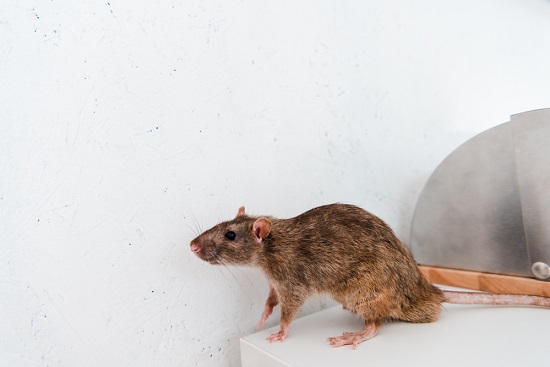
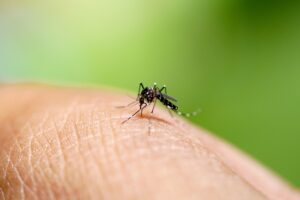
 Plants, animals, and humans all go into hibernation mode when the weather turns cold. You may not be noticing pests and bugs in your yard during this time. This can cause you to have an "out of sight out of mind mentality." But are native insects really gone? Find out how to protect your home in winter and how pests deal with the cold weather using effective
Plants, animals, and humans all go into hibernation mode when the weather turns cold. You may not be noticing pests and bugs in your yard during this time. This can cause you to have an "out of sight out of mind mentality." But are native insects really gone? Find out how to protect your home in winter and how pests deal with the cold weather using effective 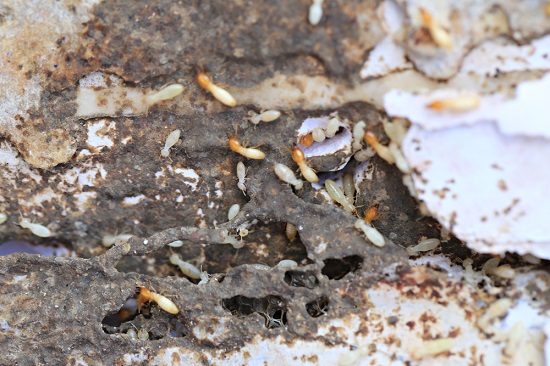
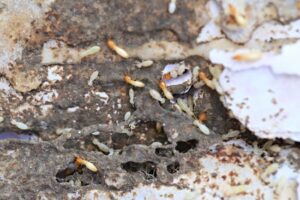 Evidence of termites and
Evidence of termites and 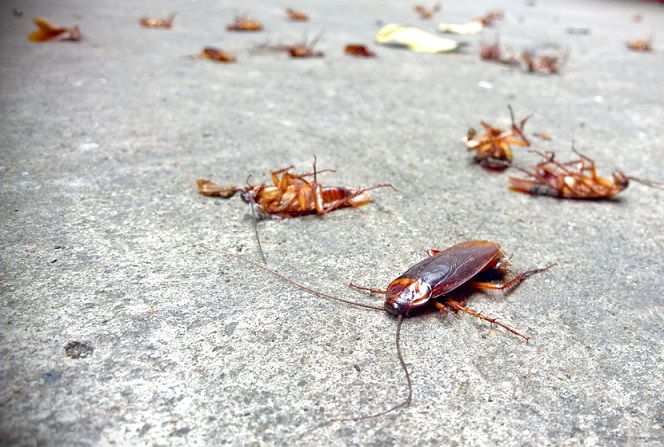
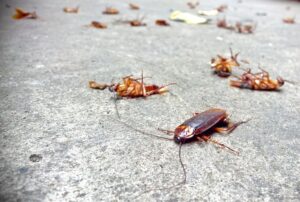 It's enough to make your skin crawl to see a cockroach, but it is much worse to have one in your home. These tiny pests can cause serious problems. That's why you need the help of
It's enough to make your skin crawl to see a cockroach, but it is much worse to have one in your home. These tiny pests can cause serious problems. That's why you need the help of 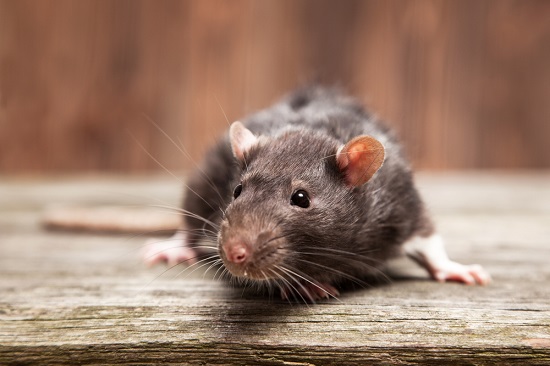
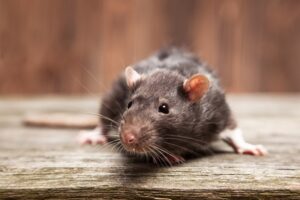 Mice have the same basic needs as us: shelter, food, and comfort. If they have these things, mice will seek out any opportunity to feel at home in your business or home. They are not visible and do not require much food. However, they can cause serious damage to buildings and electrical wires and spread disease by chewing on food. Let's look at four ways that you could be unknowingly inviting mice in, and how you can stop them from coming in. it will help with your
Mice have the same basic needs as us: shelter, food, and comfort. If they have these things, mice will seek out any opportunity to feel at home in your business or home. They are not visible and do not require much food. However, they can cause serious damage to buildings and electrical wires and spread disease by chewing on food. Let's look at four ways that you could be unknowingly inviting mice in, and how you can stop them from coming in. it will help with your 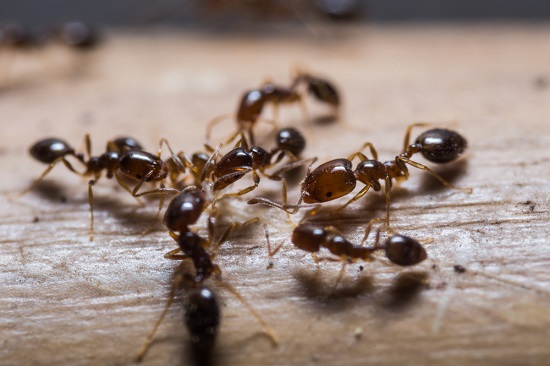
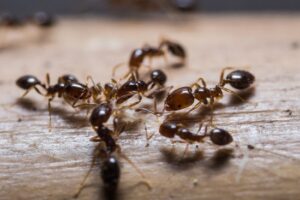 How do you eliminate ants? Hire an
How do you eliminate ants? Hire an 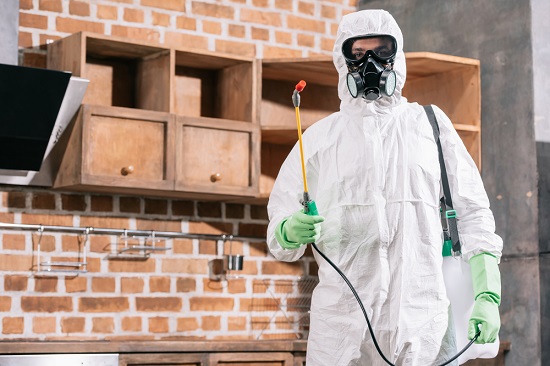
 Fleas can quickly spread to other areas and become an infestation. They are small and have a dark brown color. They can be found all over the United States. They live about 100 days. They can produce approximately 500 eggs during this period. One flea can quickly turn into a number of hundred. Flea infestations can be very difficult to treat by yourself. Do-It Yourself treatments can be very expensive and time-consuming. Fleas travel on the backs of animals to get into your house. It could be your cat or dog. It is important to contact a professional
Fleas can quickly spread to other areas and become an infestation. They are small and have a dark brown color. They can be found all over the United States. They live about 100 days. They can produce approximately 500 eggs during this period. One flea can quickly turn into a number of hundred. Flea infestations can be very difficult to treat by yourself. Do-It Yourself treatments can be very expensive and time-consuming. Fleas travel on the backs of animals to get into your house. It could be your cat or dog. It is important to contact a professional